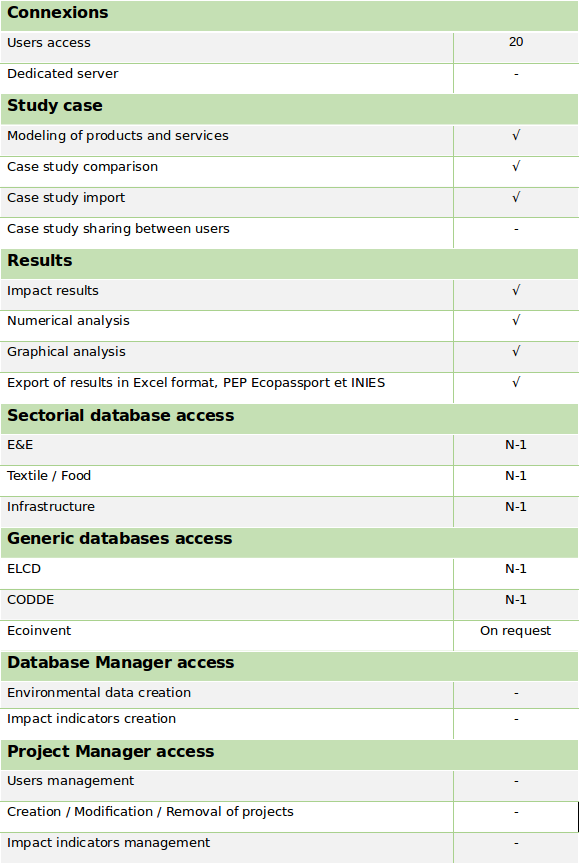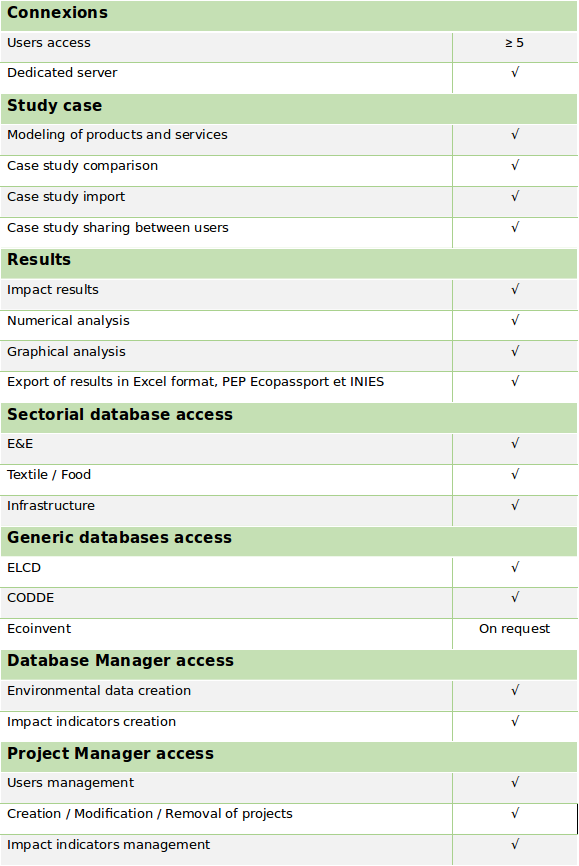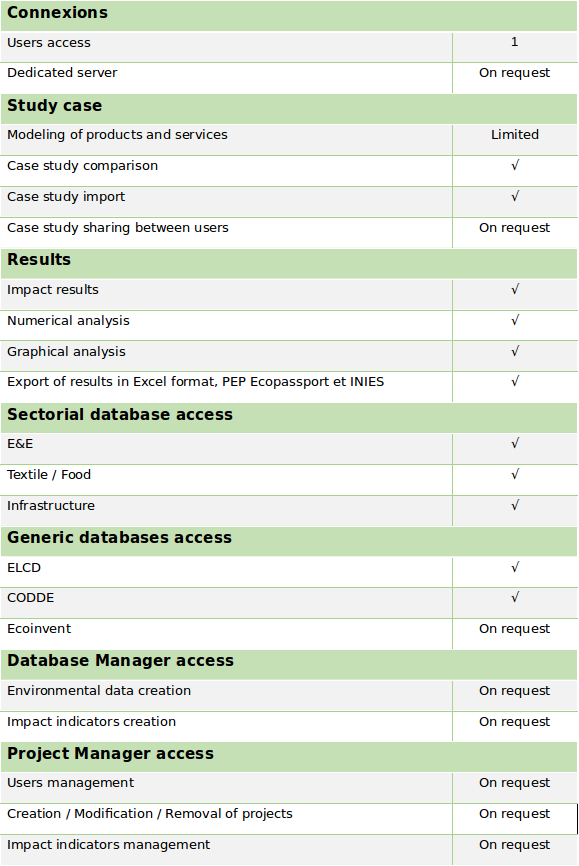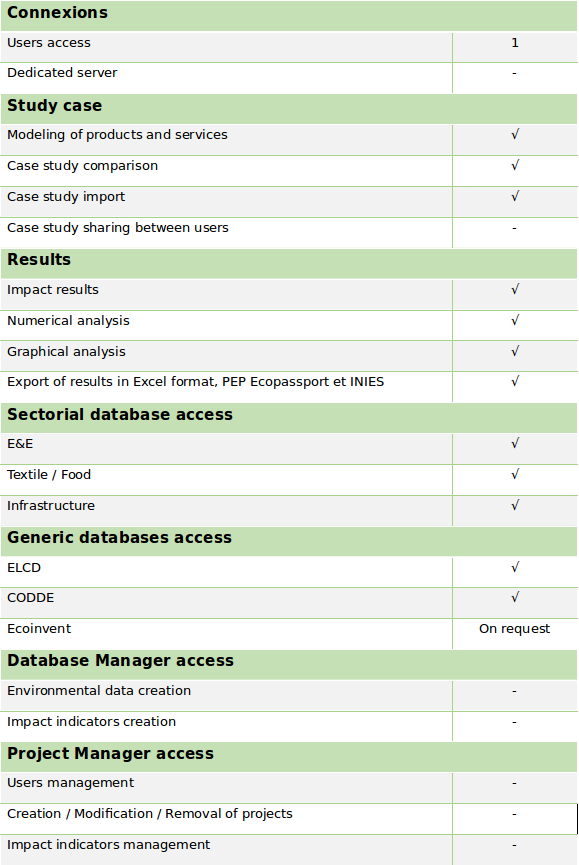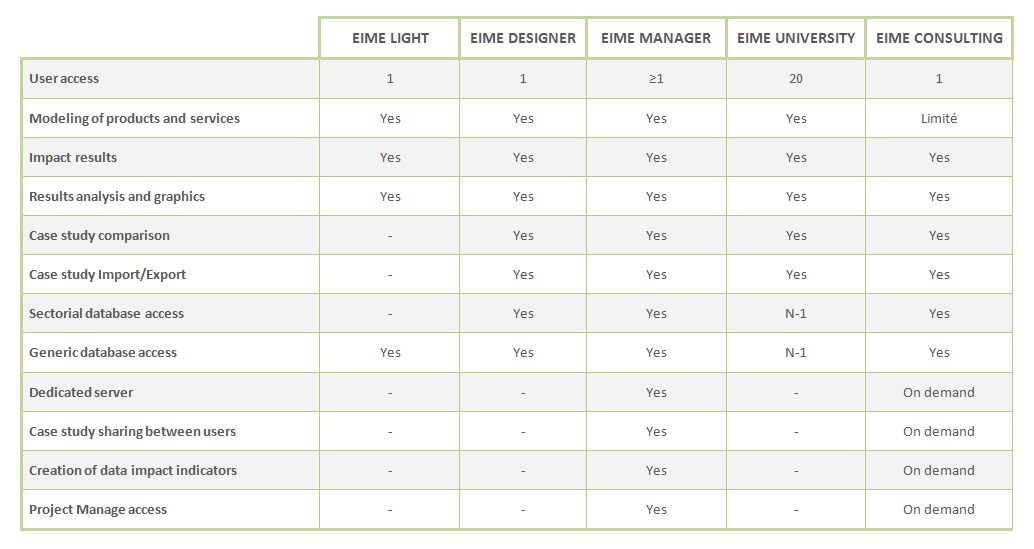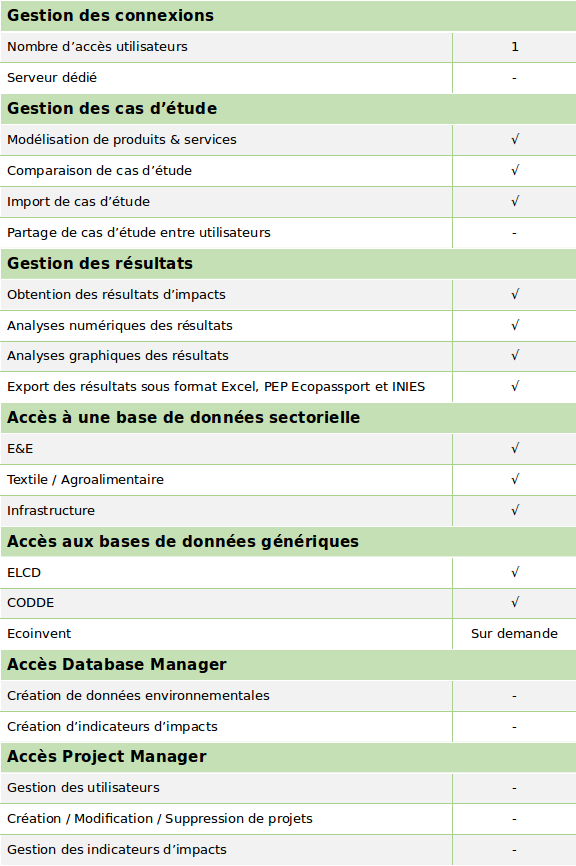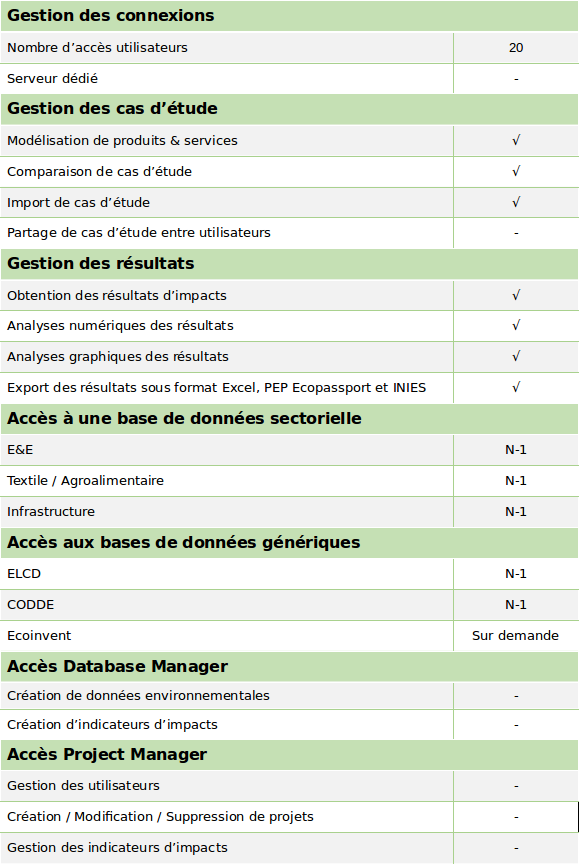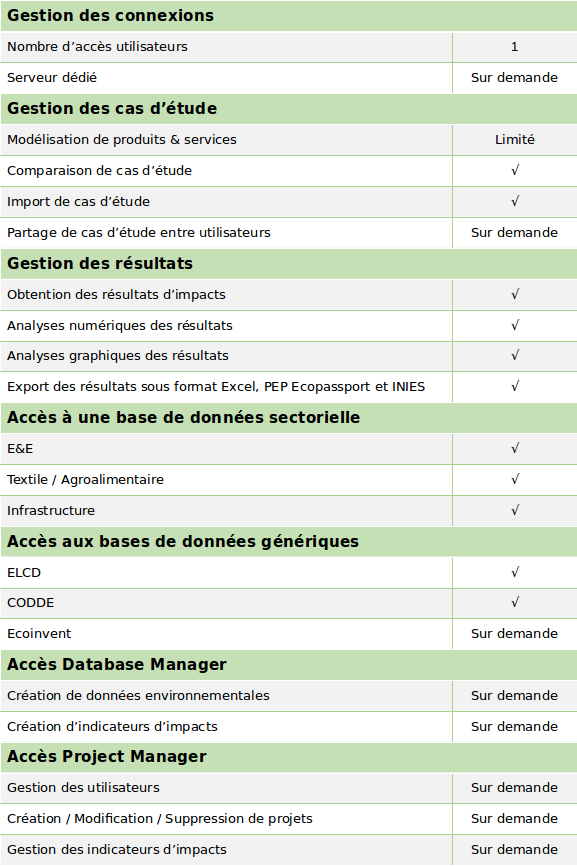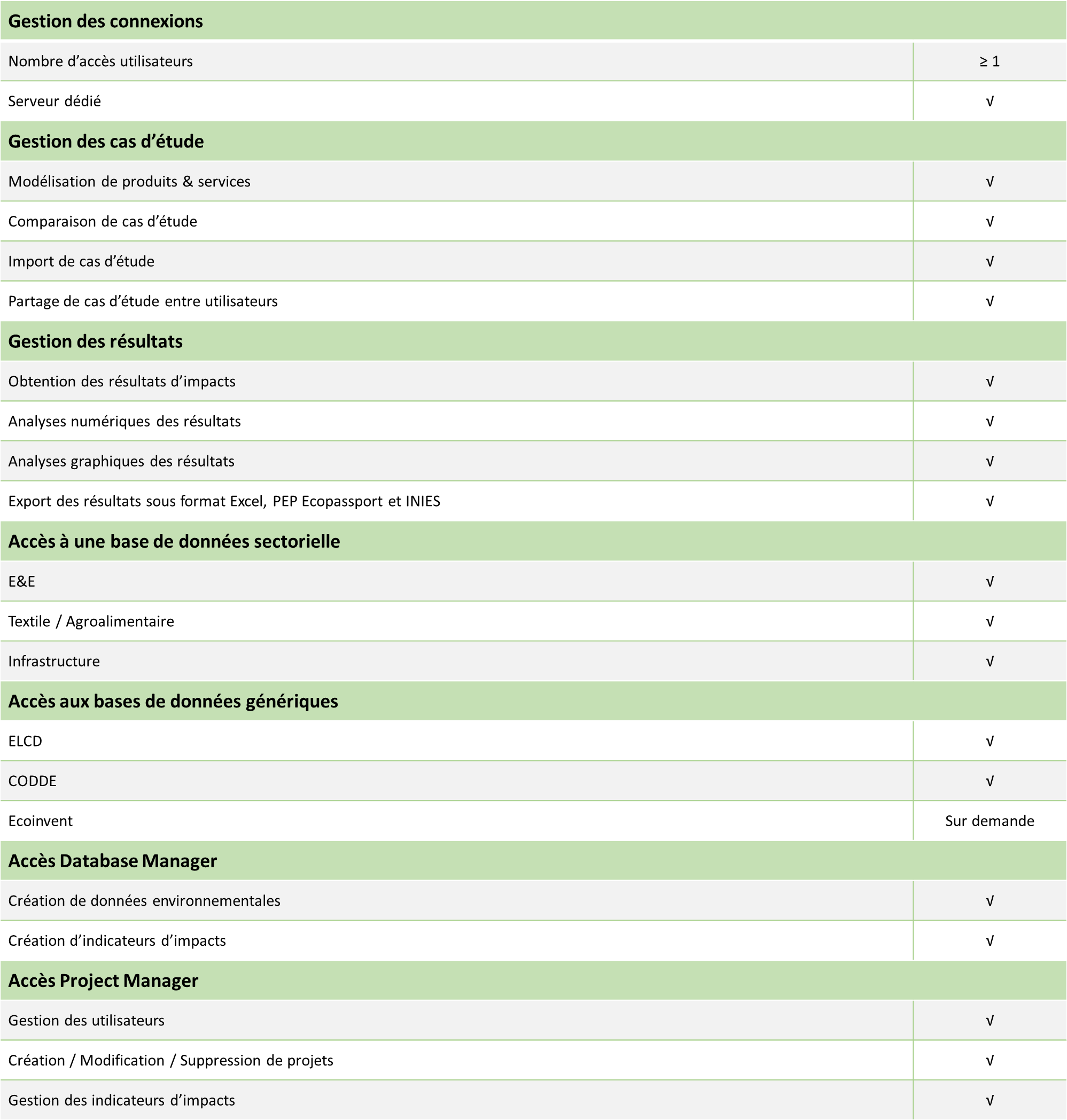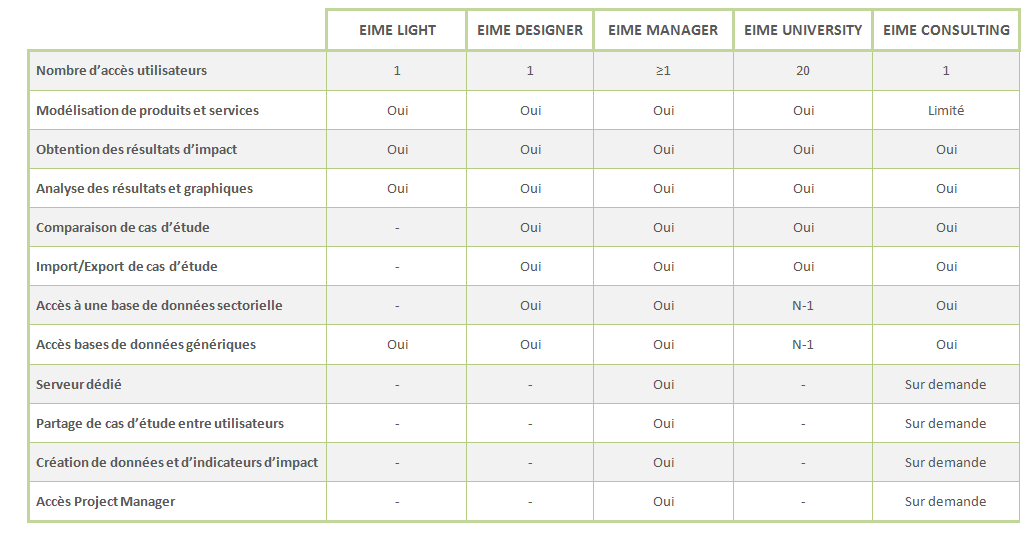Bureau Veritas’s white paper, entitled “Buildings & Climate: Decarbonization and Resilience” is available for download.
In March 2024, representatives of 70 countries gathered in Paris to sign the “Chaillot” Declaration (named after the stately building where the signature took place). The aim was to spur fresh progress toward the decarbonization and climate resilience of buildings, promoting a fast, fair and efficient transition. The global declaration calls for action in the fields of urban planning, construction, and retrofitting. It invites all stakeholders to cooperate, exchange best practices and share data.
Buildings have a huge impact on the environment
Multiple sources charge the building sector with accounting for over one third of global energy demand and related CO2 emissions. Moreover, demand for construction materials is expected to balloon as urbanization reaches new heights – more than half the global population already lives in urban areas and the figure is rising. Construction, demolition, and renovation projects generate billions of tons of waste annually, a significant proportion of which ends up in landfill.
Climate change has an important impact on buildings
Buildings are exposed to climate related hazards (heatwaves, rising sea level, stronger winds, heavy rains, etc.) to a greater extent than any other asset class. And these hazards are set to become more intense as a result of climate change. A building’s sustainability therefore increasingly affects its regulatory compliance, financing, cost of construction and operations, value and insurance premiums.
October 2024
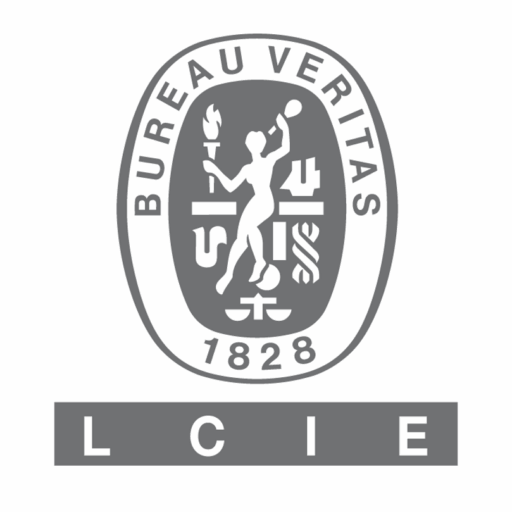

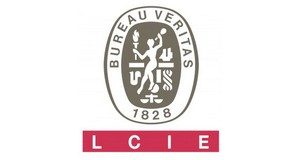

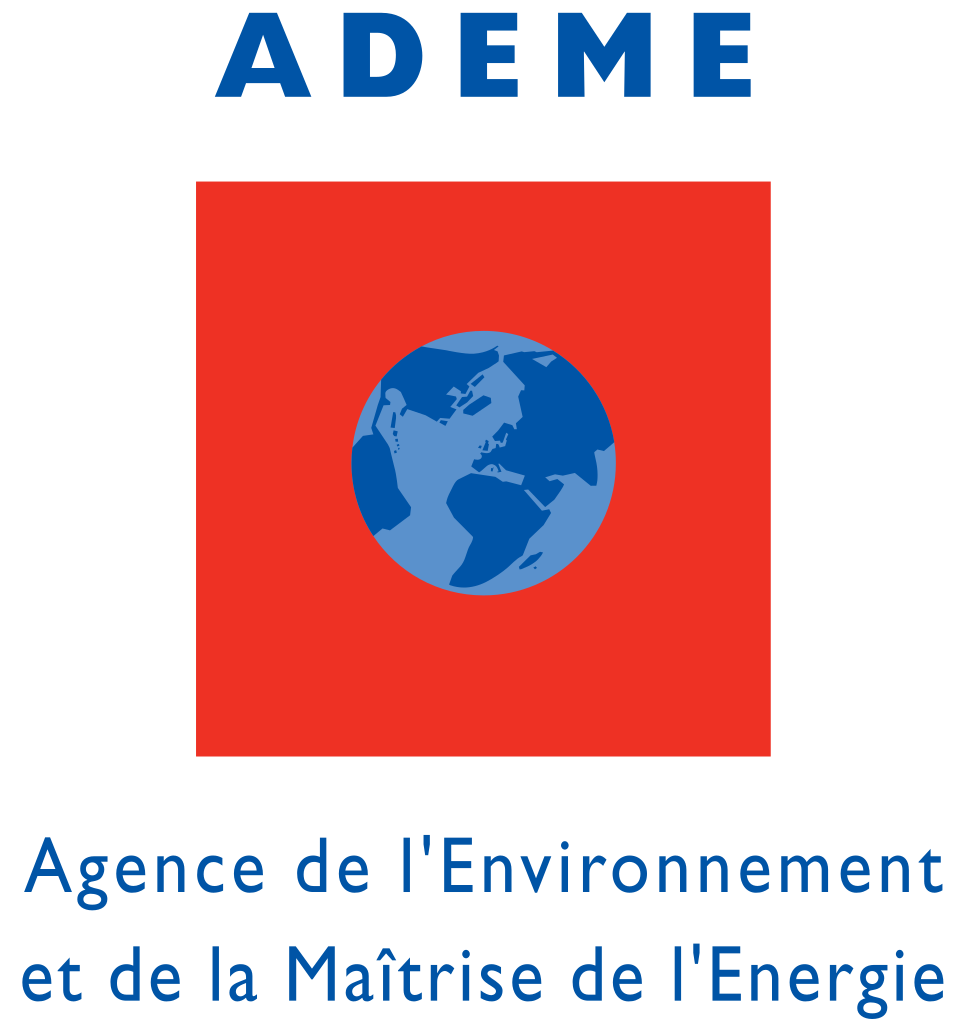

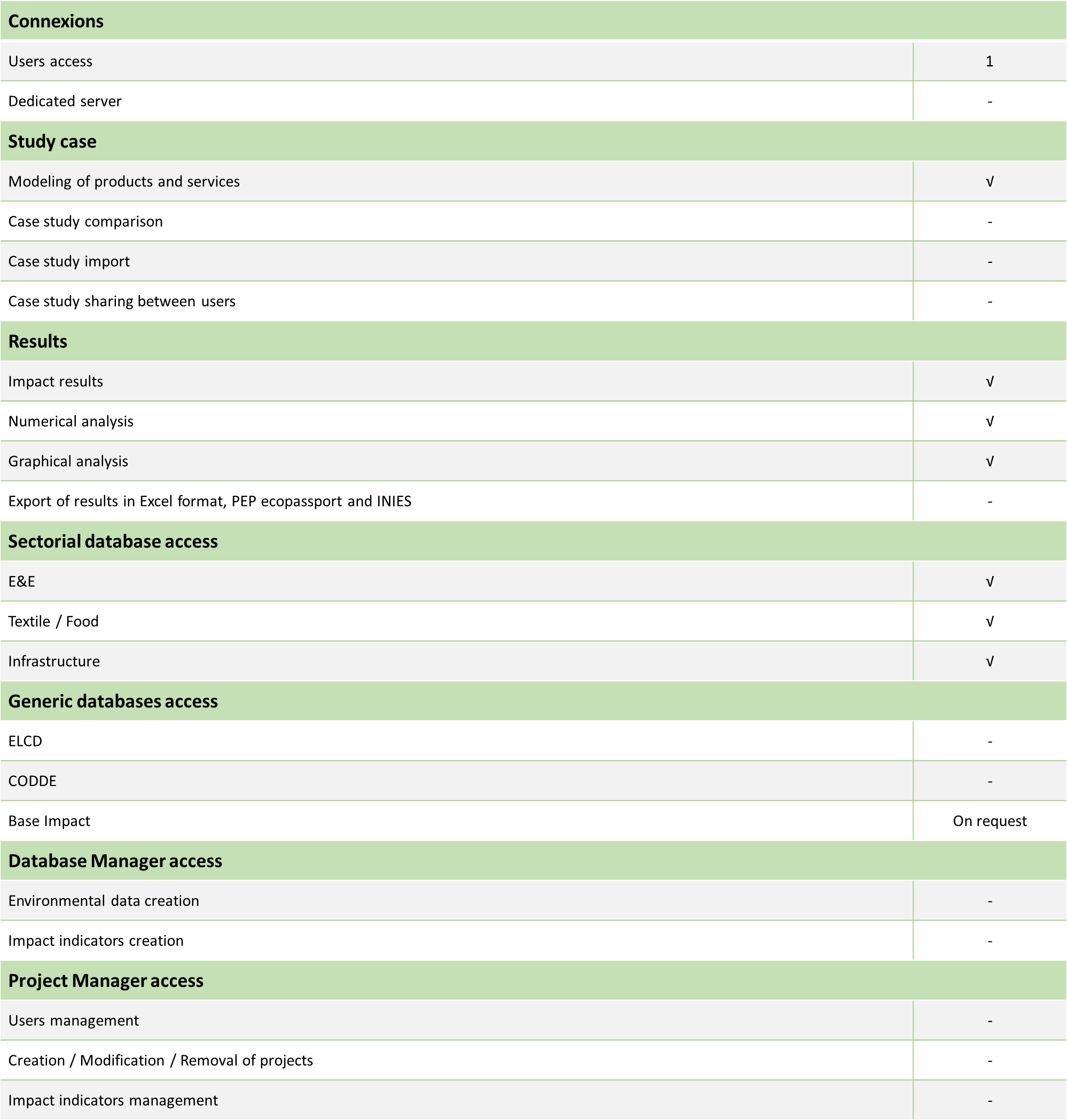
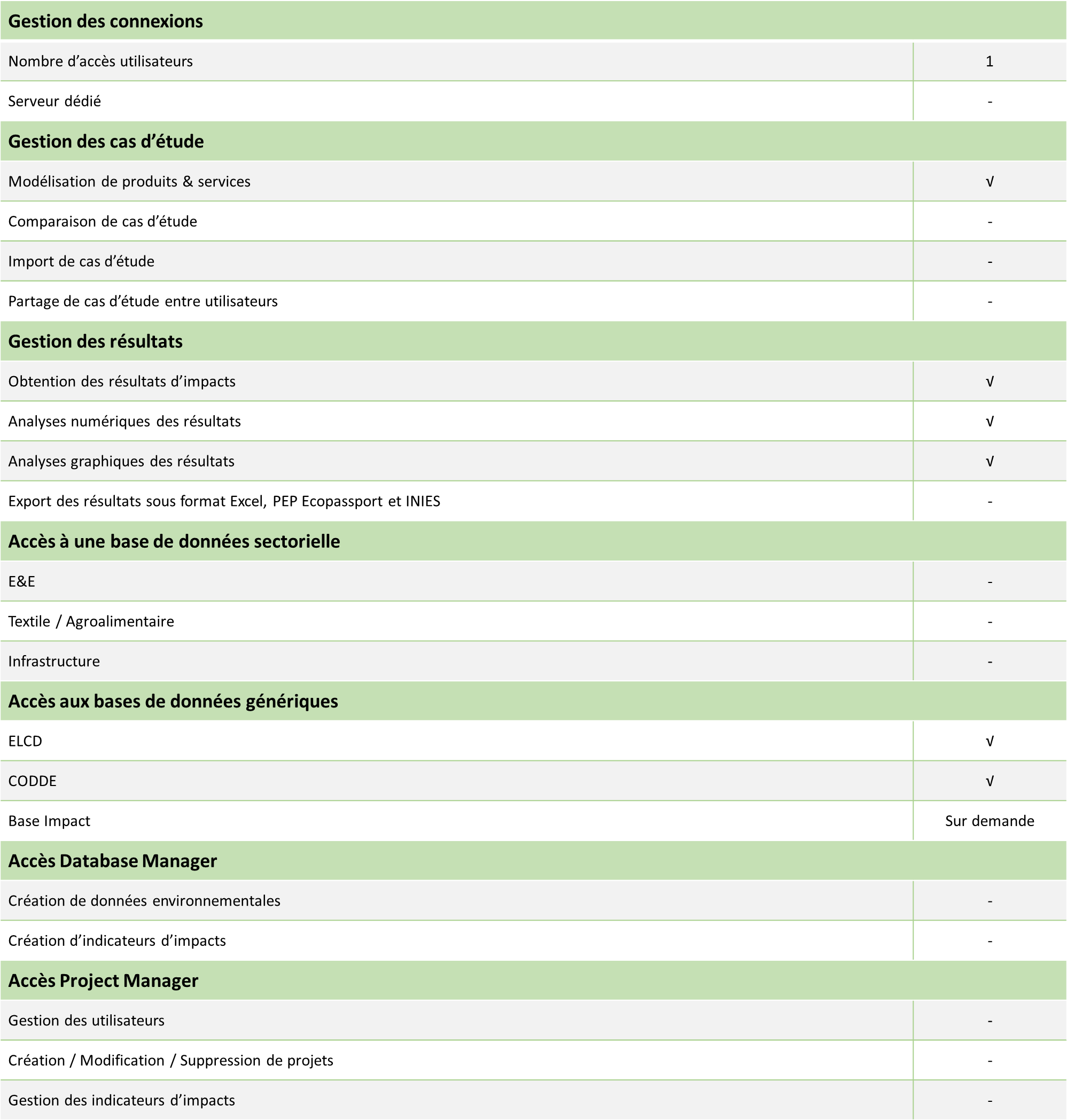
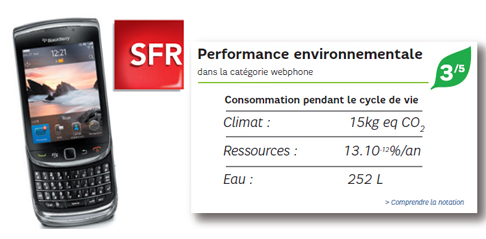 SFR/Vodafone – Affichage environnemental
SFR/Vodafone – Affichage environnemental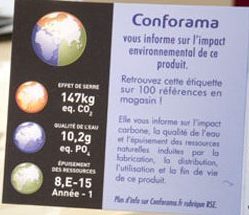 Conforama – Affichage environnemental
Conforama – Affichage environnemental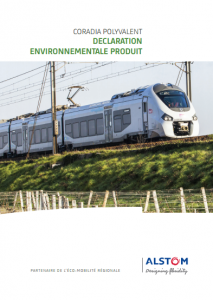 Alstom Transport – Déclarations Environnementales Produit (DEP)
Alstom Transport – Déclarations Environnementales Produit (DEP) Schneider Electric – Product Environmental Profile (PEP)
Schneider Electric – Product Environmental Profile (PEP)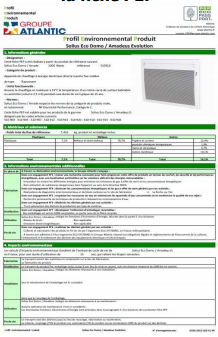 Atlantic – Product Environmental Profile (PEP)
Atlantic – Product Environmental Profile (PEP)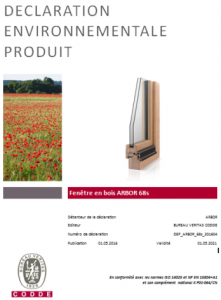 Arbor – Fiche Déclarations Environnementale et Sanitaire (FDES)
Arbor – Fiche Déclarations Environnementale et Sanitaire (FDES)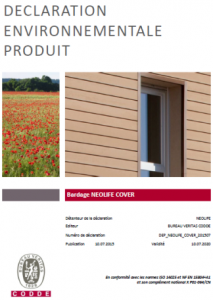 Neolife – Fiche Déclarations Environnementale et Sanitaire (FDES)
Neolife – Fiche Déclarations Environnementale et Sanitaire (FDES) Atlantic – Communication Environnementale pour le grand public
Atlantic – Communication Environnementale pour le grand public